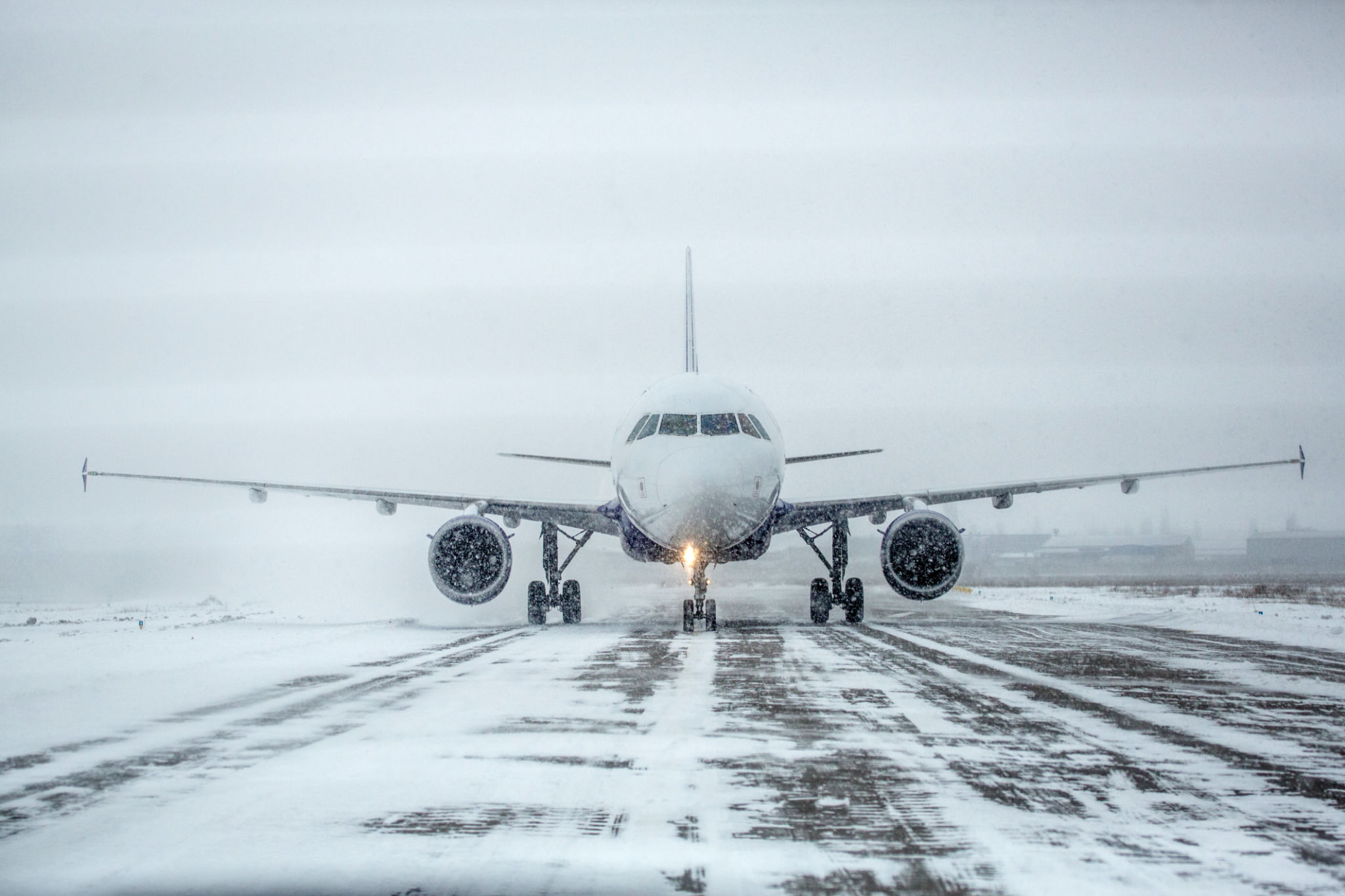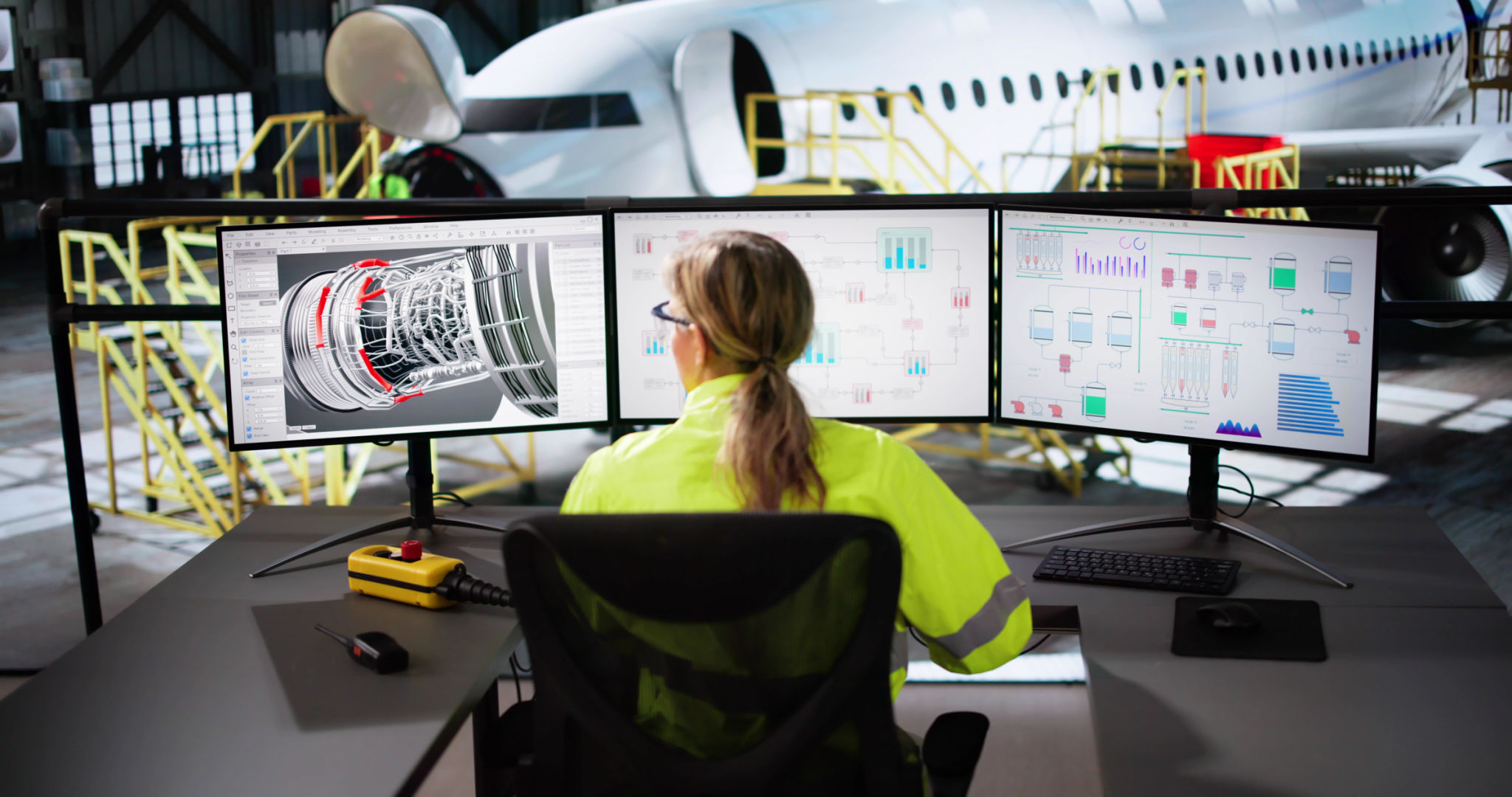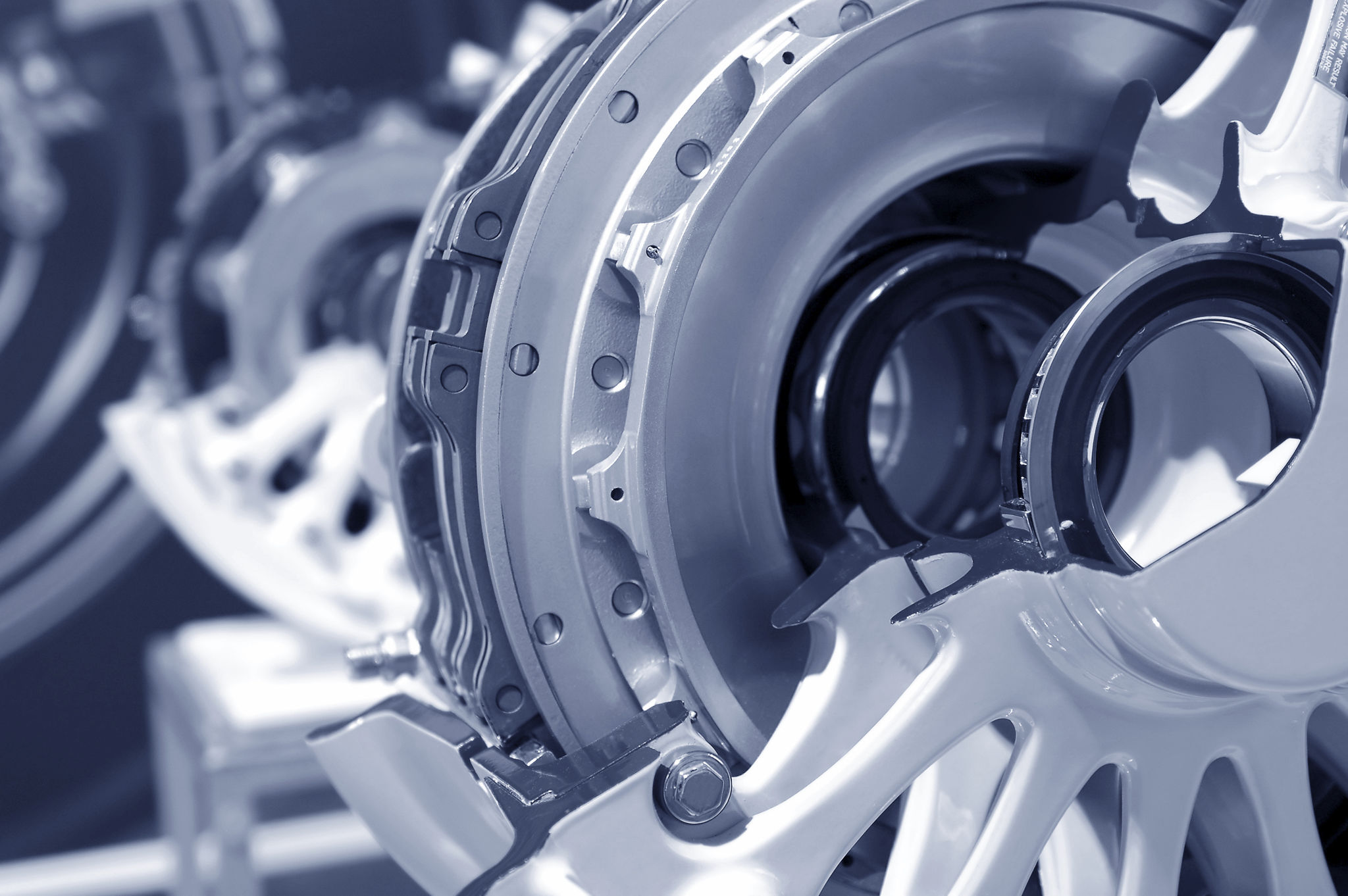Preparing Your Aircraft for Winter: Essential Maintenance Tips
Introduction to Winter Aircraft Maintenance
As winter approaches, it's crucial for aircraft owners and operators to prepare their planes for the colder months. Proper maintenance ensures safety, efficiency, and longevity of your aircraft. Below, we discuss essential tips to get your aircraft ready for winter operations.

Inspecting the Aircraft Structure
Begin with a thorough inspection of the aircraft's exterior. Look for any signs of corrosion or damage that could worsen in cold weather. Pay special attention to the landing gear, as it’s exposed to the elements and prone to wear.
Ensure all panels and seals are intact to prevent moisture ingress. Moisture can freeze, causing potential damage to the structure and systems of the aircraft. Replace any faulty gaskets or seals immediately.

Engine Care and Fuel Management
The engine is the heart of your aircraft, and cold weather can take a toll on its performance. Perform a comprehensive check of the engine oil, ensuring it's suitable for lower temperatures. Consider using multi-grade oil for better performance in varying conditions.
Fuel management is equally important. Ensure tanks are full to minimize condensation. Water in the fuel system can freeze and block lines, leading to engine failure. Use a high-quality fuel additive to prevent icing.
Battery and Electrical System Checks
Winter can be tough on your aircraft's battery and electrical systems. Cold temperatures reduce battery efficiency, so make sure your battery is fully charged and in good condition. Regularly check the battery connections for corrosion and clean them as needed.

Inspect all electrical systems, including lights and radio equipment, ensuring they are functioning correctly. Faulty systems can lead to serious safety hazards during flight.
Tire and Brake System Maintenance
Ensure your aircraft's tires are in excellent condition. Cold weather can lead to tire deflation, which affects handling and safety. Check tire pressure regularly and inspect for any signs of wear or damage.
The brake system is equally vital. Inspect brake pads and discs for wear. In colder climates, brakes can freeze after landing, so make sure they are properly maintained to avoid any issues.

De-Icing Equipment and Procedures
De-icing equipment is essential for safe winter flying. Ensure that all de-icing systems are working properly and that you have an adequate supply of de-icing fluid. Regularly test these systems to confirm their effectiveness.
Develop a comprehensive de-icing procedure that includes pre-flight and post-flight checks. Training staff on proper de-icing techniques is also crucial to maintain safety standards.
Conclusion: Staying Prepared
Preparing your aircraft for winter involves diligent checks and maintenance across several areas. By following these essential tips, you can ensure that your aircraft remains safe, reliable, and ready to face the challenges of winter flying.
Remember, proactive maintenance is key to preventing costly repairs and ensuring the safety of your flights during the colder months. Stay vigilant and enjoy a safe flying season!
